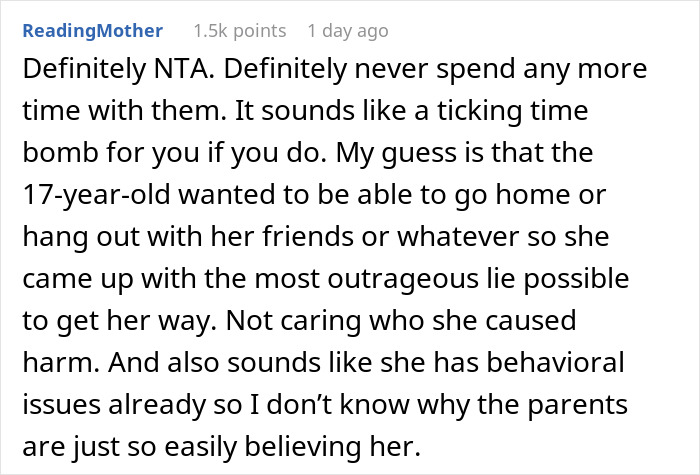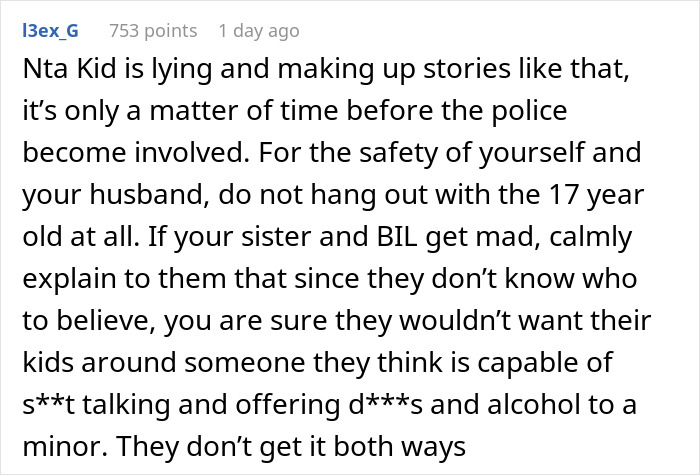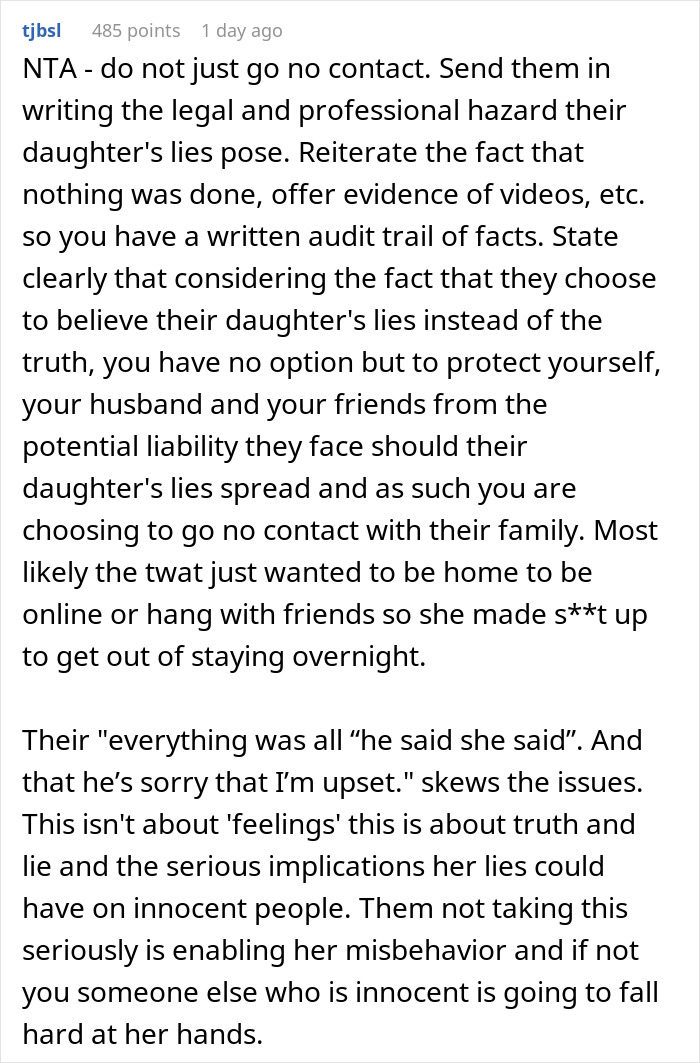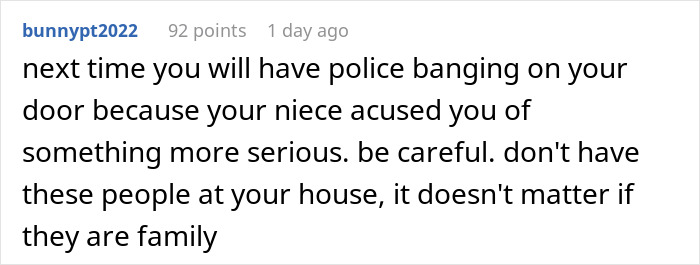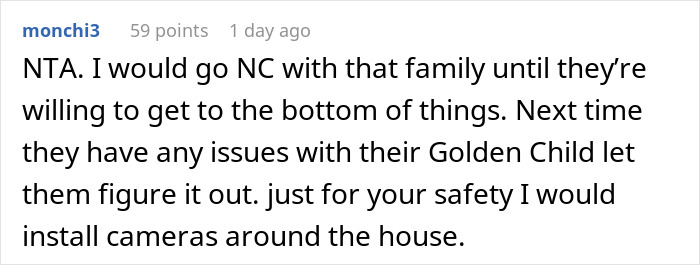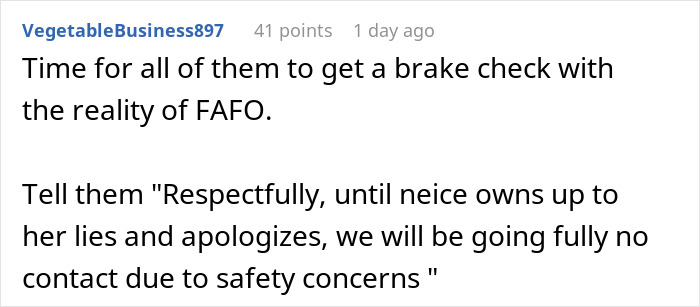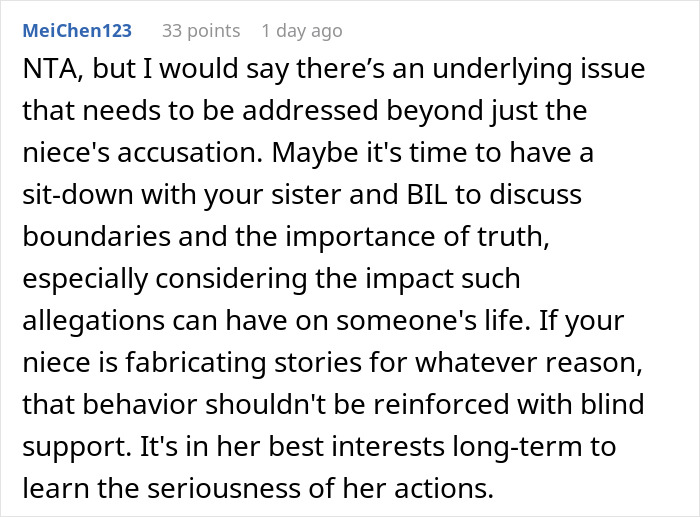Pool parties are supposed to be relaxing, where people come to enjoy the water, sun, and each other’s company.
However, during the one Reddit user Silent_Coconut_8060 and her husband threw for their family and friends, all the fun ended when her niece decided to spread lies about the guests.
For reasons known only to the teenager, she started sending her parents false texts about substance abuse at the event, leading to a fallout between them and the hosts.
This teenager must really hate her aunt and her husband

Image credits: Karolina Kaboompics / pexels (not the actual photo)
Because she just started spreading gross lies about them
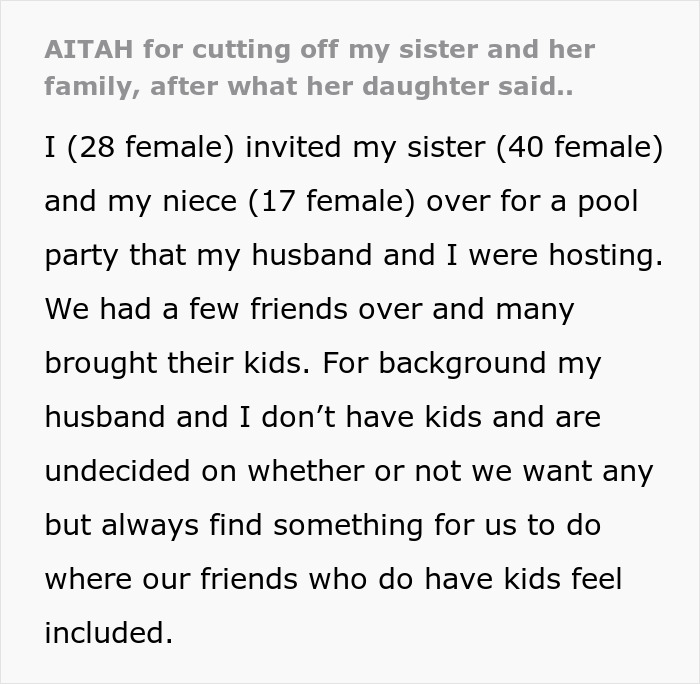
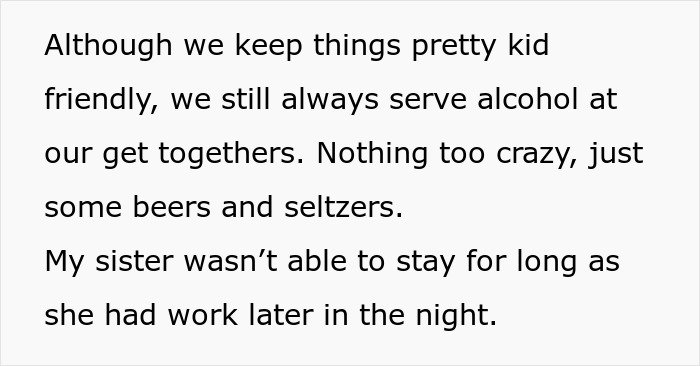
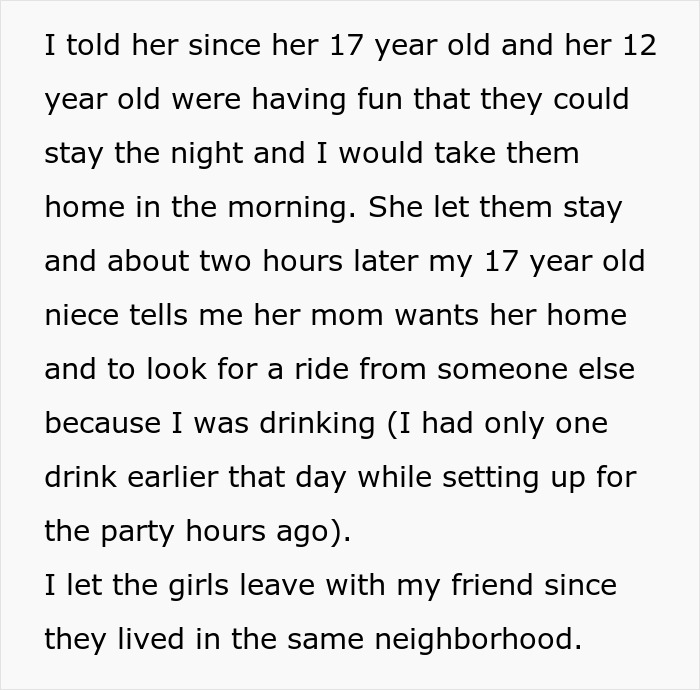
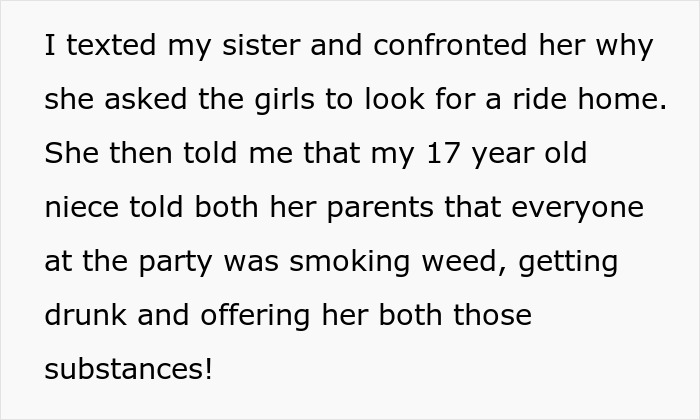
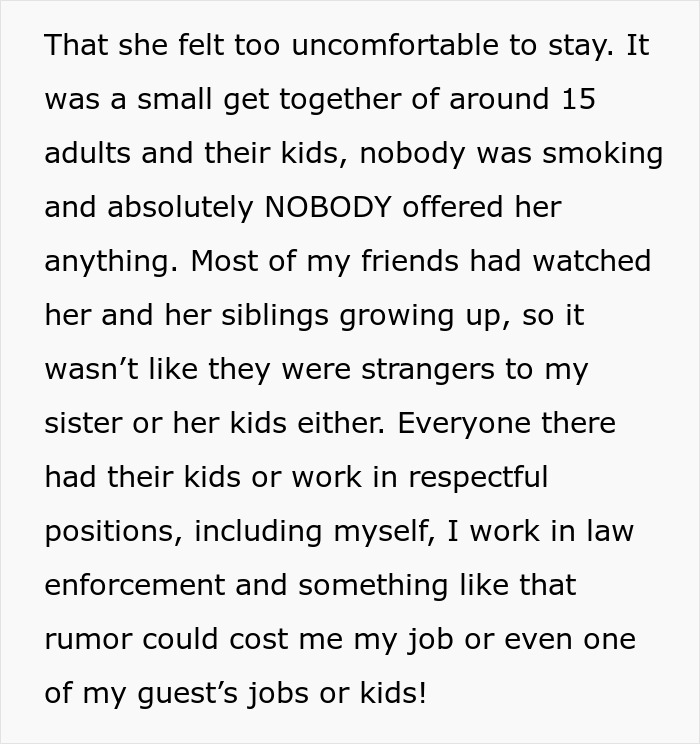

Image credits: Karolina Kaboompics / pexels (not the actual photo)
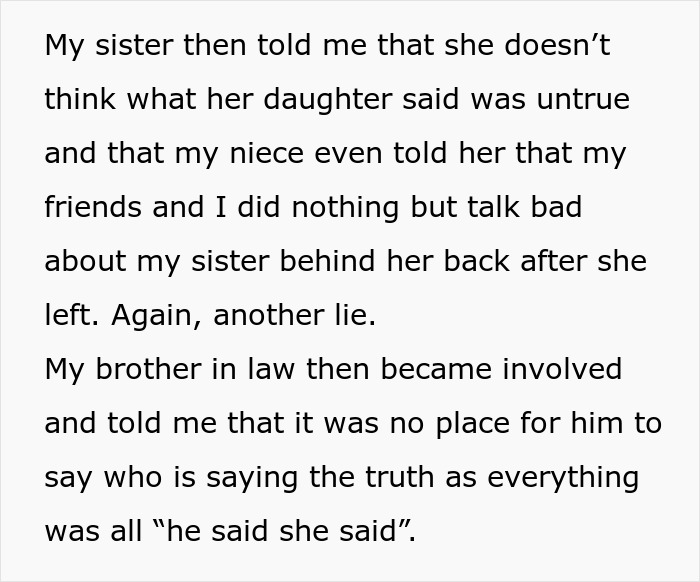
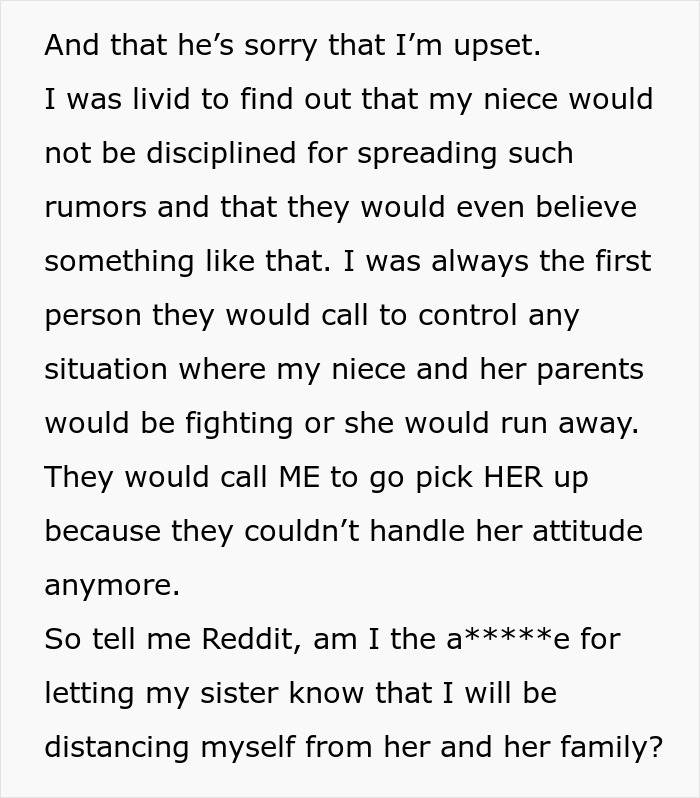

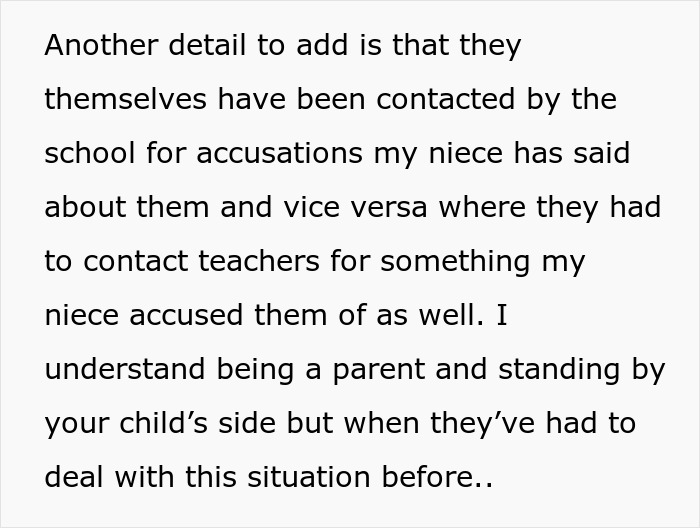
Image source: Silent_Coconut_8060
Generally, teens are the biggest liars

Image credits: Craig Adderley / pexels (not the actual photo)
A study called ‘From Junior to Senior Pinocchio‘ looked at lying behaviors in more than a thousand people ages 6 to 77, and the researchers found that peak dishonesty does, indeed, occur in adolescence.
Part of the reason why is that during this period, we are still usually relatively immature, with weaker emotional regulation, impulse control, and communication skills.
Professor and chair of the psychology department at Oberlin College, Nancy Darling, Ph.D., has researched teen lying for more than two decades.
She has studied 10,000 young people between the ages of 10 and 24, and has done research in countries including the United States, Chile, the Philippines, Italy, Sweden, and Uganda.
Dr. Darling and her team have identified three basic types of teen lying. These are:
Lying by avoidance. This strategy involves steering people away from topics you do not want to talk about. Therefore, teens distract their parents from conversations that might force them to reveal information that they don’t want to share.
Lying by omission. When teens lie by omission, they leave out key pieces of information that they know would be important.
Lying by commission. This is intentionally making statements or telling stories that are not true, which seems to have been the case in our story as well. Dr. Darling says that this type of lying is rarer than the others; however, outright lies have the most negative impact on parent-child relationships.
According to The Josephson Institute, an organization that studies the ethics of American youth, the vast majority of teens agree that trust and honesty are essential in personal relationships. But they still lie:
- to get out of trouble;
- to do something they’re not allowed to or that is dangerous;
- because they believe their parents’ rules are unfair;
- because they think what they want to do is harmless;
- as a way to protect others’ feelings;
- to maintain privacy;
- and, most importantly, to establish their independence and autonomy.
Without knowing more about the teen, it’s difficult to accurately pinpoint her motives. But if the author of the post is telling the truth and it’s not the first time she’s done this, there might be deeper problems at play here.
As her story went viral, the woman provided more information on the whole ordeal in the comments
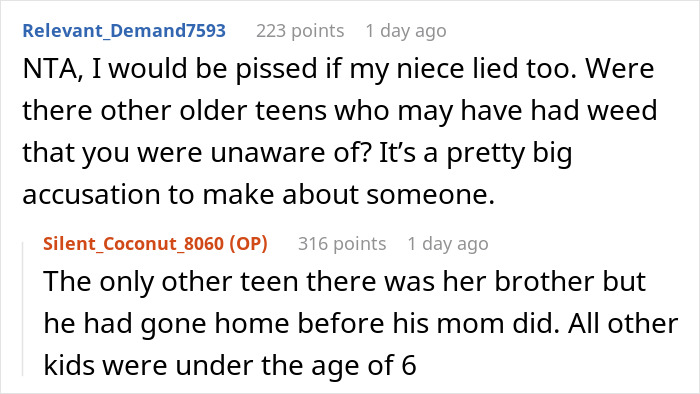
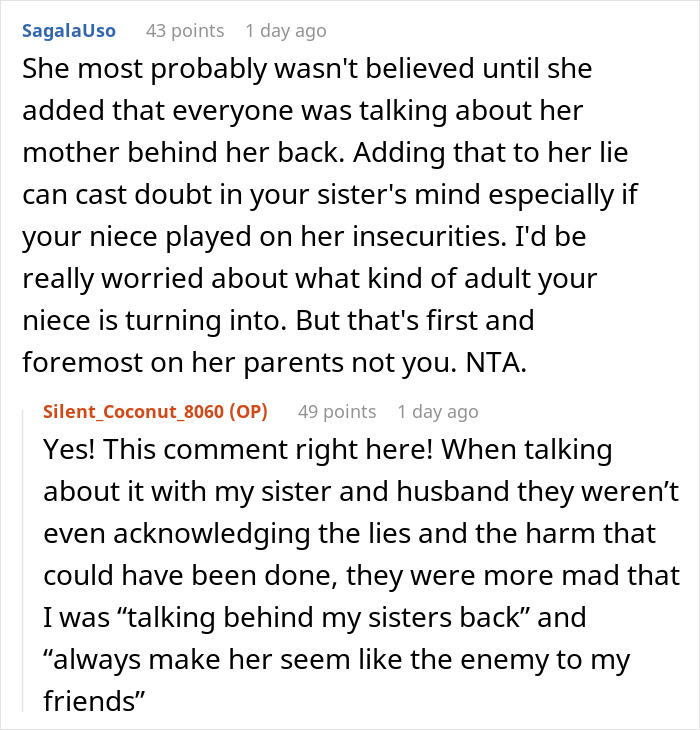
People pretty much unanimously said that she hadn’t done anything wrong



